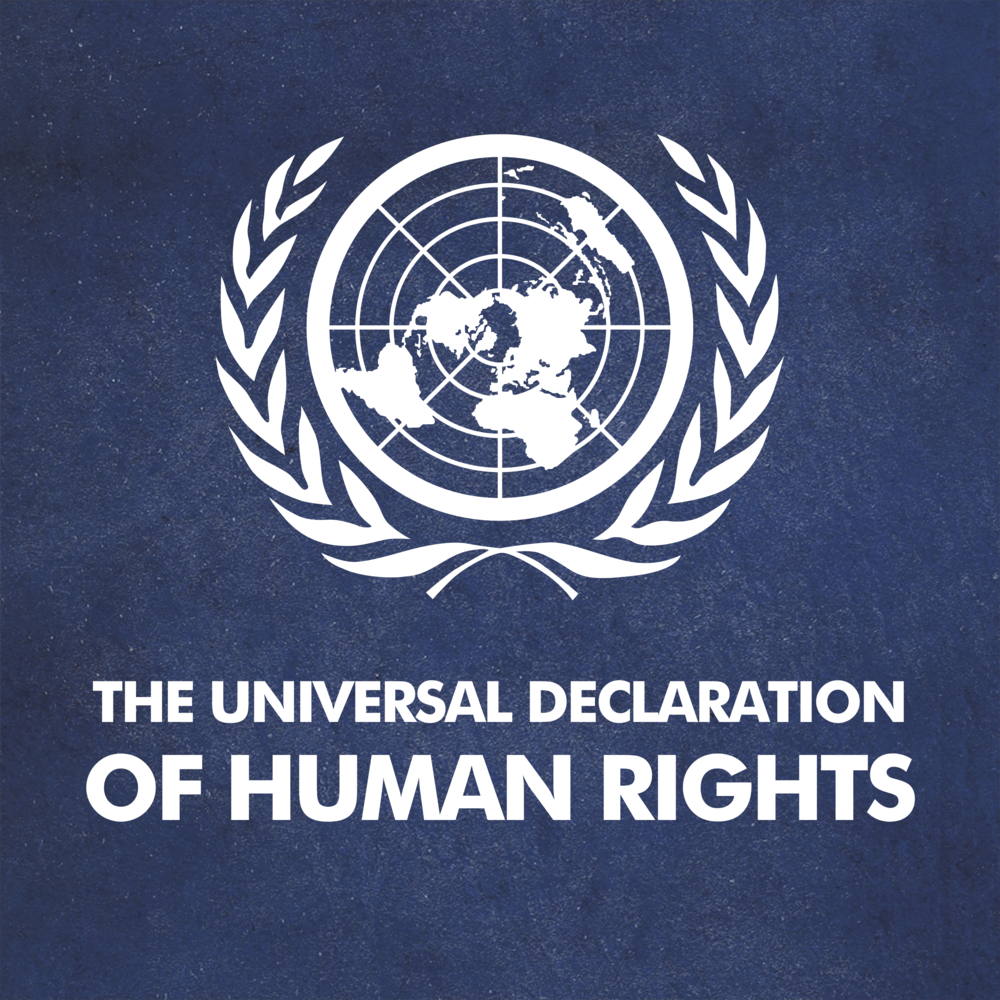Editorial
The United Nations Declaration of Human Rights (UDHR) is a document that was adopted by the UN General Assembly in 1948 as a common standard of achievement for all peoples and all nations. For the first time, it sets out fundamental human rights to be universally protected and has been translated into over 500 languages. The significance of the UDHR can be evaluated from different perspectives, such as its historical impact, legal status, moral authority, and contemporary relevance.
Historically, the UDHR was a response to the atrocities of the Second World War, which revealed the need for global recognition and protection of human dignity and rights. It was drafted by representatives with different legal and cultural backgrounds from all regions of the world, and it reflected the universal aspirations of humanity for freedom, justice and peace. The UDHR also inspired the adoption of more than seventy human rights treaties, applied today permanently at global and regional levels. These treaties have created mechanisms for monitoring and enforcing human rights obligations, such as committees, courts, rapporteurs, and special procedures. The UDHR also stimulated the creation of other declarations, such as the Declaration on the Rights of Indigenous Peoples, the Declaration on the Rights of Persons Belonging to National or Ethnic, Religious and Linguistic Minorities, and the Declaration on Human Rights Defenders, which address specific issues and groups that face discrimination and marginalization.
Pl visit the official website of republicpolicy.com and subscribe it.
Legally, the UDHR is not a binding treaty, but it has acquired the status of customary international law, which means that it is widely accepted and followed by states as a norm of conduct. The UDHR is also considered to be a part of international human rights law, which is derived from various sources, such as treaties, customary law, general principles, and judicial decisions. The UDHR serves as a common reference point and a basis for human rights law interpretation. It also guides national constitutions and legislation, often incorporating or reflecting its principles and provisions. The UDHR is also invoked by individuals and groups who seek to claim or defend their human rights in domestic or international forums.
Morally, the UDHR represents a universal recognition of the inherent dignity and worth of every human being, regardless of their race, sex, religion, nationality, or any other status. It affirms that human rights are based on natural law or natural justice, inherent in human nature and not dependent on positive law or social recognition. The UDHR also expresses a common understanding of these rights and freedoms, which are interrelated, interdependent and indivisible. It establishes a minimum standard of treatment that every person is entitled to expect from their governments and from each other. The UDHR also promotes a culture of respect for human rights, which requires education, awareness-raising, dialogue, cooperation and solidarity.
Please, subscribe the magazines of republicpolicy.com
Contemporaryly, the UDHR remains relevant and essential in addressing the challenges and opportunities that face humanity in the 21st century. The UDHR provides a framework for addressing poverty, inequality, discrimination, violence, terrorism, migration, development, environment, health, education, democracy and peace. The UDHR also catalyzes action and advocacy by individuals and groups who seek to advance human rights in their own contexts and situations. The UDHR also faces criticism and resistance from some states and actors who question its universality or violate its provisions. The UDHR, therefore, requires constant reaffirmation and reinforcement by all stakeholders who share its vision and values.
The significance of the UDHR can be seen from various angles: historical impact; legal status; moral authority; contemporary relevance. The UDHR is not a perfect document nor a panacea for all human rights problems; it is instead a living document that reflects the aspirations and struggles of humanity for dignity and rights. It is also a dynamic document that evolves with changing circumstances and needs. Therefore, it is up to Pakistan to uphold its principles and provisions. The constitution of Pakistan also protects fundamental rights, which are quite related to UNHDR. However, more importantly, there is a need to implement human rights in Pakistan.
Please, subscribe the YouTube channel of republicpolicy.com

















